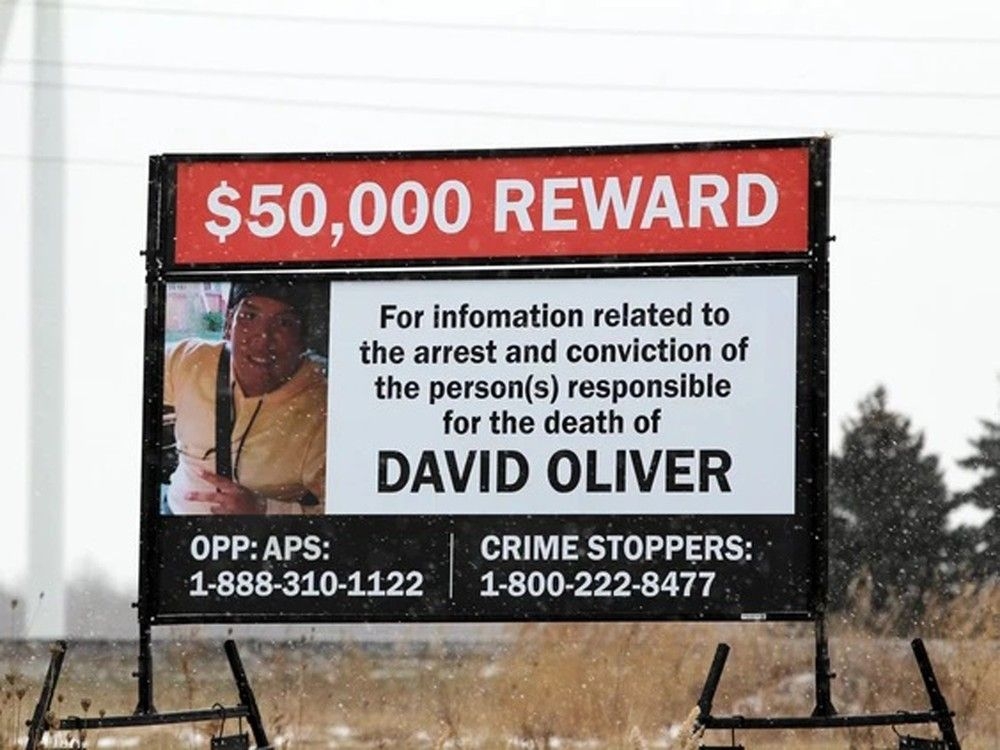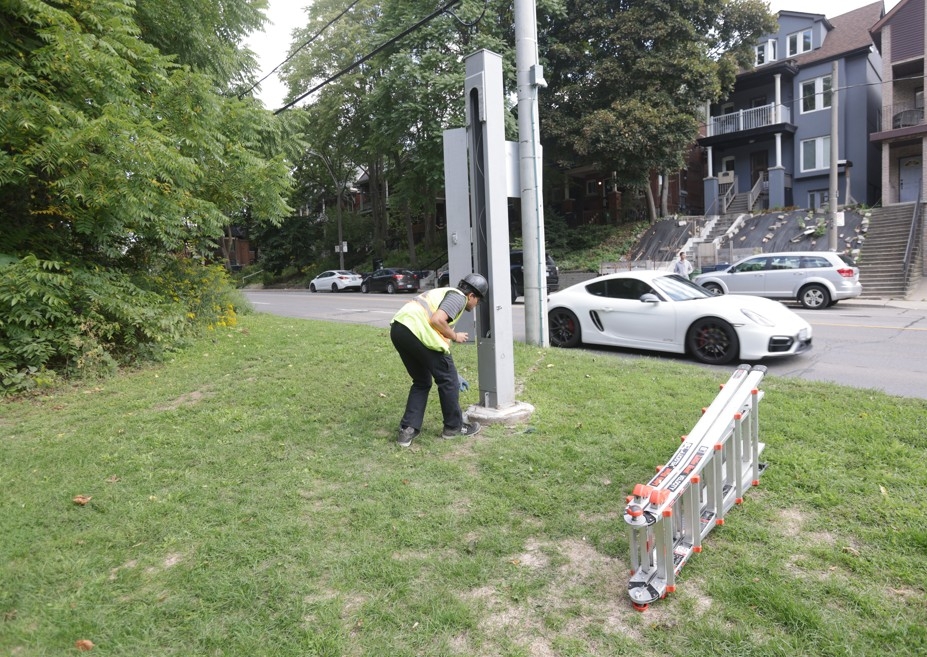A Sarnia judge addressed a haunting question during the sentencing of a London man for second-degree murder: why wasn’t this brutal act being tried in adult court, where a life sentence loomed? The man, who cannot be named, received the maximum youth sentence – seven years – for the calculated killing of David Oliver.
The details of the crime were chilling. Sixteen years old at the time, the offender ambushed and shot Oliver, 29, point-blank twice in the head in Kettle and Stony Point First Nation. There was no apparent motive, no struggle, just a cold-blooded execution that robbed Oliver of any chance at defense.
For over four years, the killer concealed Oliver’s body and the evidence – a blood-soaked pickup truck – shrouding the family in agonizing uncertainty. A $50,000 reward was offered, yet silence persisted, prolonging the family’s grief and preventing any semblance of closure.

Justice Mark Poland explained that the severity of the crime held no weight in determining whether the offender possessed the moral judgment of an adult. Recent Supreme Court rulings had dramatically shifted the legal landscape, raising the bar for prosecuting youth as adults.
The Crown attorney’s office, after careful consideration and the offender’s guilty plea, ultimately decided against seeking an adult sentence. Poland agreed, stating such an attempt would likely have failed under current legal precedent.
Canada’s youth criminal justice system originally presumed that anyone over 14 committing murder would be tried as an adult. However, a 2008 Supreme Court decision overturned this presumption, shifting the onus to the Crown to prove an adult-like capacity for moral reasoning.
This burden became even more significant with a recent Supreme Court case involving a 17-year-old offender. The Crown must now demonstrate not only a lack of typical youthful characteristics, but also a demonstrable maturity and moral understanding consistent with adulthood – and prove it beyond a reasonable doubt.
The standard is exceptionally high. Even a probability of adult-level culpability isn’t enough; the Crown must eliminate any reasonable doubt. Poland acknowledged the potential for disagreement within the community regarding the fairness of these laws, but emphasized his role was to apply them, not rewrite them.
Despite the legal constraints, the judge didn’t shy away from condemning the offender’s actions. He described the killer as “unhinged and morally depraved,” a man who extinguished a life with chilling premeditation and callous disregard.
The courtroom was filled with the raw emotion of those affected by this tragedy, a stark reminder that even within the framework of the law, the pain of loss and the search for justice remain profoundly human.





